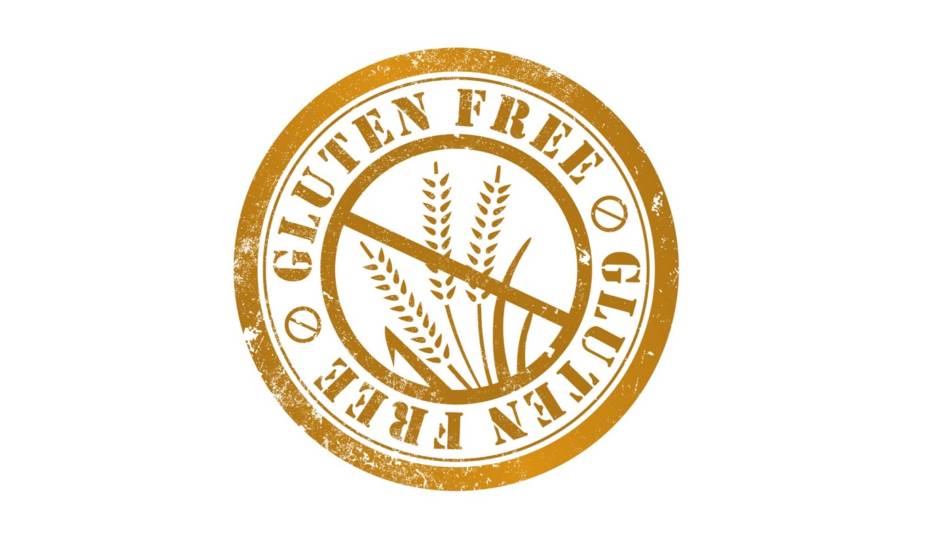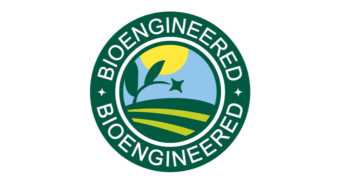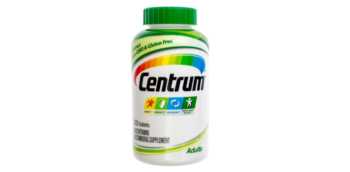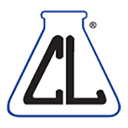
Answer:
ConsumerLab.com does two things to help people with gluten-sensitivity know whether or not products are gluten-free:
First, in the Results table within each of our Product Reviews, we indicate (in the "Notable Features" column) which products claim to be "gluten-free."
Second, ConsumerLab tests for gluten in products claiming to be "gluten-free" for select, popular categories of products. Gluten testing has been performed on Protein Powders and Drinks, Nutrition Bars (protein, fiber, meal replacement and fruit and nut bars), and on grains, such as Oat Cereals (steel-cut, rolled oats, oat bran and Cheerios). The gluten-free claim, as defined by the FDA means that the amount of gluten in a product is less than 20 parts per million. However, since gluten sensitivity is a function of total exposure, ConsumerLab applies a more stringent gluten requirement of less than 5 parts per million when serving sizes are greater than 5 grams or 5 ml; and for nutrition bars claiming to be gluten-free, we applied a requirement of less 3 parts per million.
Be aware that for those who do not have celiac disease, non-celiac gluten sensitivity, or wheat allergy, there is no data to support the purported health benefits of a gluten-free diet, according to an analysis in the Journal of Pediatrics. The analysis noted that because gluten-free foods are often higher in saturated fat and sugar than their gluten-containing counterparts, maintaining a gluten-free diet can lead to insulin resistance and obesity, deficiencies in B vitamins, folate and iron, and increased exposure to heavy metals (such as arsenic in rice). The prevalence of the celiac disease in the U.S. is estimated to be less than 1% (although, interestingly, a high proportion of this 1% appears to go undiagnosed). The prevalence of gluten/wheat sensitivity, in which gluten-containing foods can produce symptoms but celiac disease is not present, is estimated to be between 0.5% and 6% (Reilly, J Pediatr 2016). If you are considering a gluten-free diet due to physical symptoms, consult your healthcare provider first, as removing gluten from your diet can make celiac disease more difficult to diagnose.
Also be aware that following a gluten-free diet may lead to deficiencies in certain nutrients depending on the foods you choose.
Join today to unlock all member benefits including full access to all CL Answers and over 1,400 reviews.
Join NowAlready a member? Sign In Here.
Join now at www.consumerlab.com/join/













Dale20469
August 23, 2024The key is to stay away from any processed gluten free foods. They are not your friend. If you are newly diagnosed, it is a shock when you go to the grocery store and find that you can't eat most of what is on the shelves. However, there is an upside to celiac disease - you will be much healthier than the average Joe because you will be eating a very nutritious diet - fresh meat, poultry, and fish, fresh vegetables and fruit, olive oil, and legumes and nuts. I personally have had to eliminate all grains in order to keep symptoms away. I do purchase a certain "non-grain keto bread" for sandwiches and toast, and bake with non-grain flours (almond, cassava, tigernut, tapioca, etc.) which result in excellent baked goods. There are a LOT of really good GF recipes online. You will not suffer for lack of truly good food! Do take the vitamins - with celiac, the villi are compromised or virtually destroyed, and it takes a long time to heal. Some of us who are diagnosed later in life ( I was fifty-three) will probably never heal completely. Hence, vitamins and minerals for life. It's well worth it.
Reply to this post…
Kate
March 20, 2022I was recently diagnosed with Celiac disease. At first I was impressed with the seemingly huge options until I saw how many are sugar laden. I'm keeping my sugar intake low so this was a let down for me. Additionally, I'm finding many products I could normally be fine eating with notes about possible exposure to wheat and gluten, mostly nuts which would be very healthy on my restrictions. But I cannot find
options in healthy snacks like nuts in the grocery stores with the exception of some pistachios. I've given up on easy to find brands.
Mark26
October 07, 2022I have Celiac disease, and have had success ordering from Nuts.com, which has a dedicated gluten-free production line.
Lisa25
January 05, 2024Yes, I order from them also
Reply to this post…
Carol18
June 22, 2016I am not celiac, but have managed to control seasonal and animal allergies by being gluten-free. I don't understand why it should be dangerous - unless you eat processed foods that should be avoided in any case. I eat meat, fish, vegetables and a little fruit and am very healthy.
Janice19
October 31, 2018I agree. I am celiac but avoid all processed gluten free products as i always did before I was diagnosed.
Reply to this post…
Elyn15
June 22, 2016Gluten-free foods don't necessarily have more sugar and fat--unless you are referring to gluten-free substitute foods, such as cookies and biscuits and breads. Those indeed are not a wise choice.
Reply to this post…
cynthia12
February 14, 2016Just because a supplement is listed as gluten free it doesn't guarantee that it is as illustrated by a recent study on probiotics. Does consumer labs test for gluten in so called .gluten free products?
 ConsumerLab.com
ConsumerLab.com
February 19, 2016Hi Cynthia - Yes, as mentioned above, we have begun testing for gluten in products claiming to be "gluten-free" in select, popular categories.
Reply to this post…